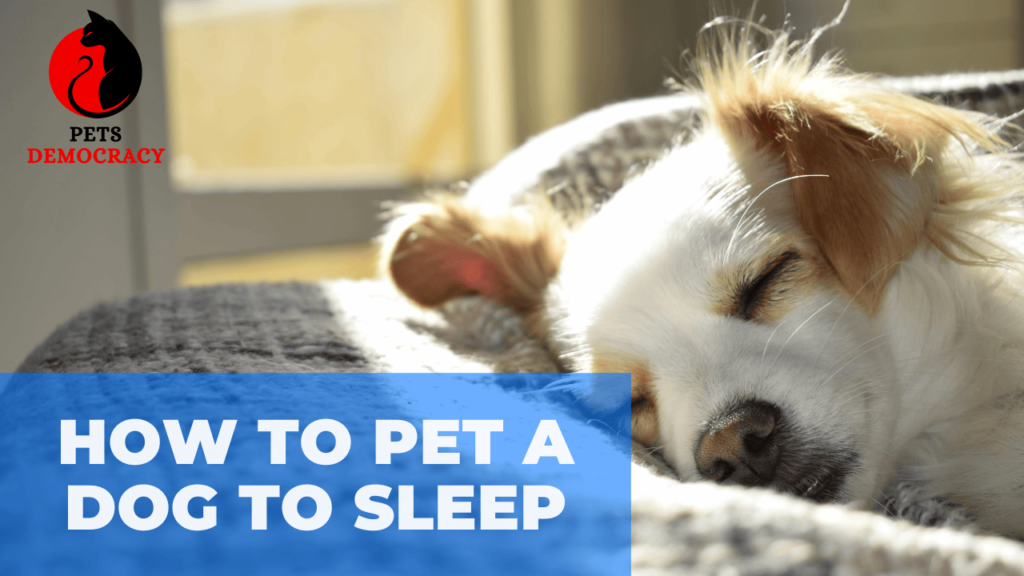
In this comprehensive guide, we’ll explore a variety of natural remedies for cat hairballs, from dietary adjustments to grooming techniques. Say goodbye to feline discomfort as we delve into the world of holistic care for your beloved pet.
Are you tired of the incessant hacking and gagging sounds of your beloved cat expelling hairballs? If so, you’re not alone. Hairballs are a common nuisance for cat owners, but there’s good news – there are plenty of natural remedies that can help alleviate this issue and improve your furry friend’s quality of life.
Understanding Cat Hairballs: What Causes Them?

Before we delve into the remedies, let’s first understand what causes hairballs in cats. Hairballs, medically known as trichobezoars, form when cats ingest loose hair while grooming themselves. Instead of passing through the digestive tract smoothly, the hair accumulates in the stomach, forming a clump that is eventually regurgitated.
The Importance of Natural Remedies for Cat Hairballs

While there are commercial hairball remedies available, many cat owners prefer natural alternatives due to concerns about the ingredients in conventional products.
Natural remedies offer a gentler approach to managing hairballs without exposing your cat to potentially harmful chemicals.
Natural Remedies for Cat Hairballs

1. Dietary Fiber Supplements
Increasing your cat’s fiber intake can help promote digestion and prevent hairballs from forming. Look for high-fiber cat food or add a small amount of canned pumpkin or psyllium husk to their meals.
2. Regular Grooming Sessions
Regular grooming sessions can significantly reduce the amount of loose hair that your cat ingests. Invest in a quality cat brush and make grooming a part of your daily routine, especially during shedding seasons.
3. Hairball Control Treats
Plenty of natural hairball control treats on the market are formulated with ingredients like malt, which helps lubricate the digestive tract and facilitate the passage of hair through the system.
4. Hydration
Ensure that your cat stays adequately hydrated by providing fresh water at all times. Dehydration can exacerbate hairball issues, so encourage your cat to drink regularly.
5. Herbal Remedies
Certain herbs, such as slippery elm and marshmallow root, have soothing properties that can help alleviate digestive discomfort associated with hairballs. You can take these herbs as a tincture or as capsules.
6. Supplementing with Omega-3 Fatty Acids
Omega-3 fatty acids are known for their anti-inflammatory properties, which can help reduce inflammation in the digestive tract and promote healthy digestion. Consider adding a fish oil supplement to your cat’s diet.
7. Probiotics
Probiotics promote a healthy balance of gut bacteria, which is essential for proper digestion. Seek out a superior probiotic supplement designed especially for felines.
FAQs About Natural Remedies for Cat Hairballs
How often should I groom my cat to prevent hairballs?
Aim for at least one grooming session per day, especially if your cat is prone to shedding.
Can I use olive oil as a Natural Remedies for Cat Hairballs?
While olive oil is sometimes recommended as a lubricant to help hairballs pass through the digestive tract, it’s best to consult with your veterinarian before trying this remedy.
Are there any dietary changes I should make to prevent hairballs?
Increasing your cat’s fiber intake and ensuring they have access to plenty of fresh water can help prevent hairballs from forming.
My cat has a sensitive stomach. Are there any natural remedies that are gentle on the digestive system?
Look for natural remedies that are formulated specifically for cats with sensitive stomachs, such as hairball control treats made with gentle, easily digestible ingredients.
How long does it take for natural remedies for cat hairballs to start working?
The effectiveness of natural remedies can vary depending on the individual cat and the severity of the hairball issue. In general, you may start to see improvement within a few days to a week of starting treatment.
Conclusion
Dealing with cat hairballs can be frustrating, but with the right natural remedies and preventive measures, you can help alleviate your cat’s discomfort and reduce the frequency of hairball incidents.
By incorporating dietary changes, regular grooming, and natural supplements into your cat’s routine, you can keep those pesky hairballs at bay and enjoy a happier, healthier feline companion.
Remember, consistency is key when it comes to natural remedies, so be patient and persistent in your efforts to provide relief for your cat. With time and dedication, you can help your furry friend live a hairball-free life.



Pingback: Cat-Friendly Houseplants Low Light || 2024 » Pets Democracy